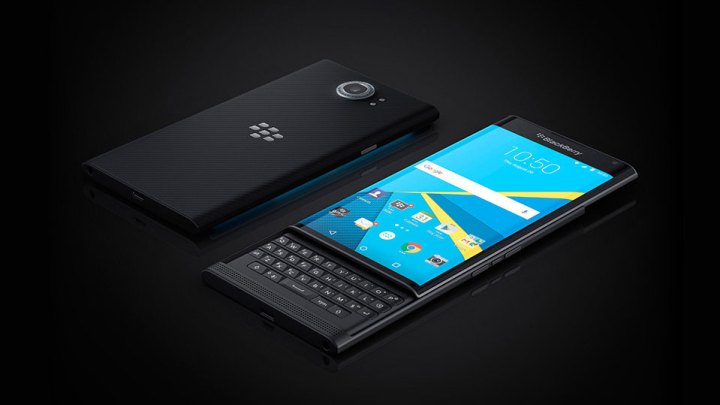
Up until now, the handset was only available from AT&T and T-Mobile, however, given the fact that Verizon is one of the largest cellular networks in the States, the move is a significant step forward for BlackBerry.
The fact that the device is now available on Verizon means that more than 80 percent of mobile customers in the U.S. can now buy the phone, if they so choose. Sprint remains the only major network that doesn’t offer the combination touchscreen and QWERTY phone.
For those interested in buying the device, it can be had off-contract for $720, or $30 per month for two years. It’s a similar price tag to most flagship smartphones like the new Samsung Galaxy S7.
There are a number of things that make the BlackBerry Priv an interesting device. Perhaps most noteworthy is the fact that it is one of the few devices that sports a physical keyboard and a touchscreen. The keyboard is a feature that some may consider a little redundant, but it seems to have caught on with BlackBerry fans who want a more modern phone with QWERTY keys. Some, however, suggest that the keyboard on the Priv isn’t as well built as physical keyboards on previous BlackBerry phones, which may somewhat negate the advantages of having the physical keyboard in the first place.
The device is BlackBerry’s first to run Android as its operating system. The choice to use Android is a pretty significant change for the company, which previously offered its own operating system on its phones.
Still, the future of BlackBerry’s handset business is very much in question, and the Priv could very well be one of the company’s final handsets, especially if it doesn’t sell very well. CEO John Chen has even said that if the company’s handset business doesn’t turn a profit this year, then it will be killed off, marking the end of an era in technology.


